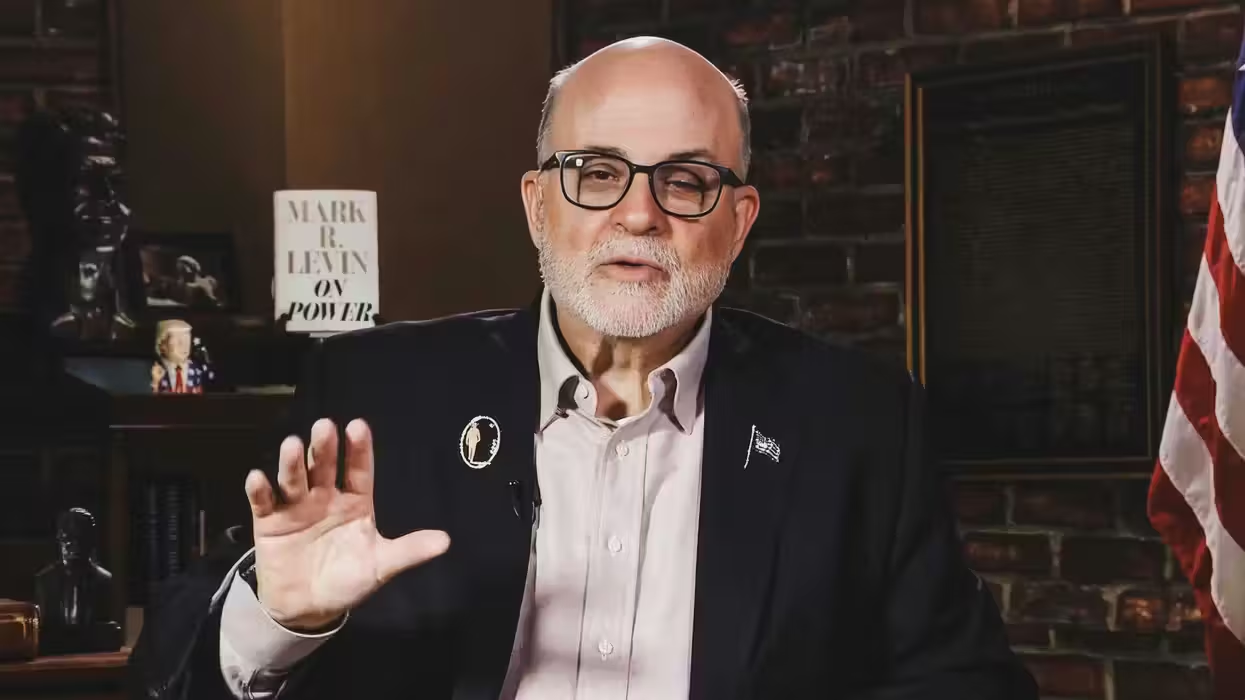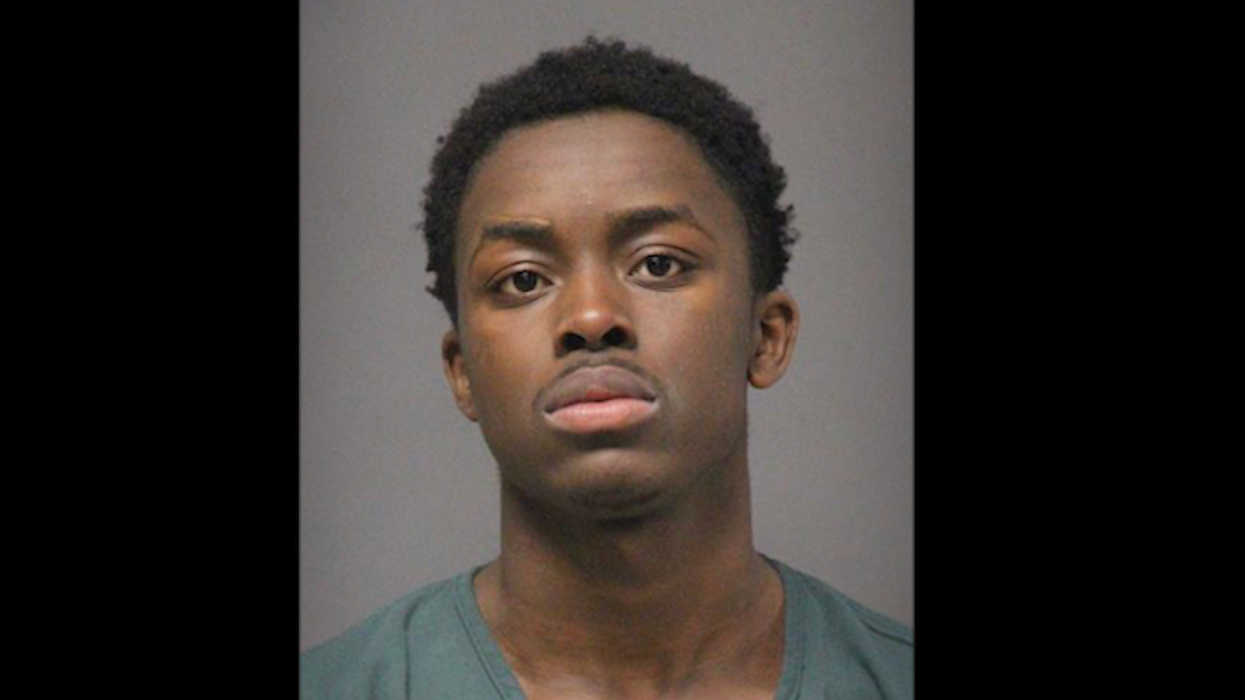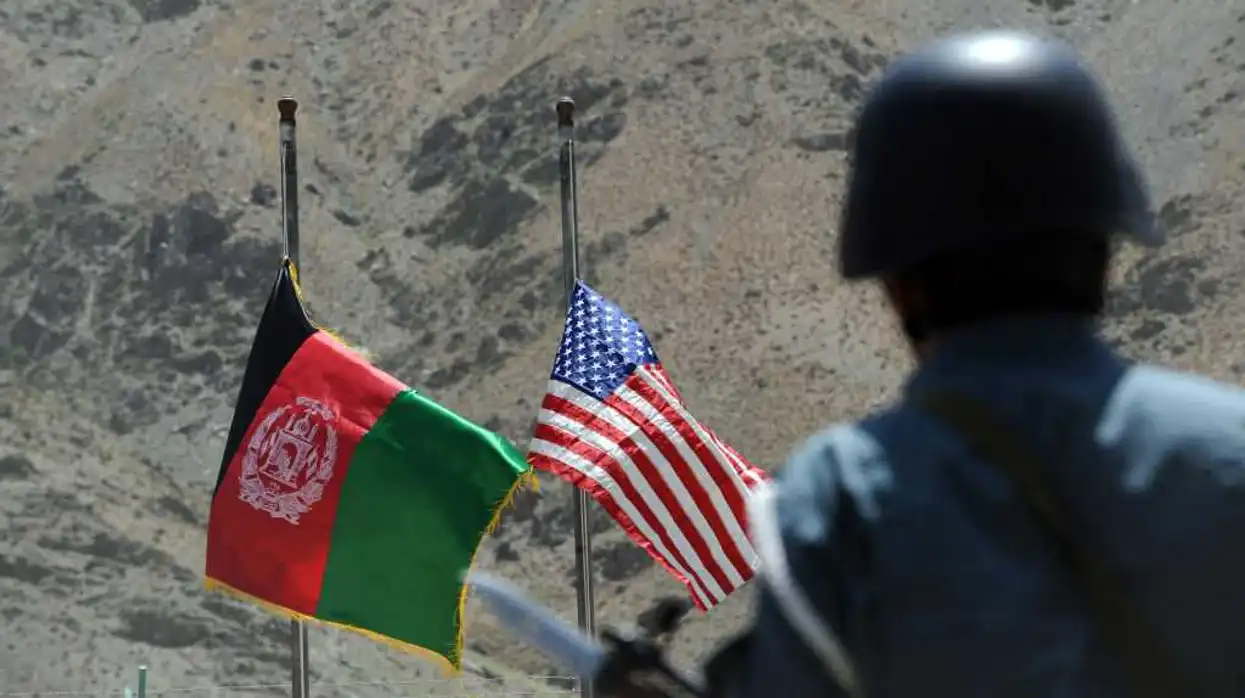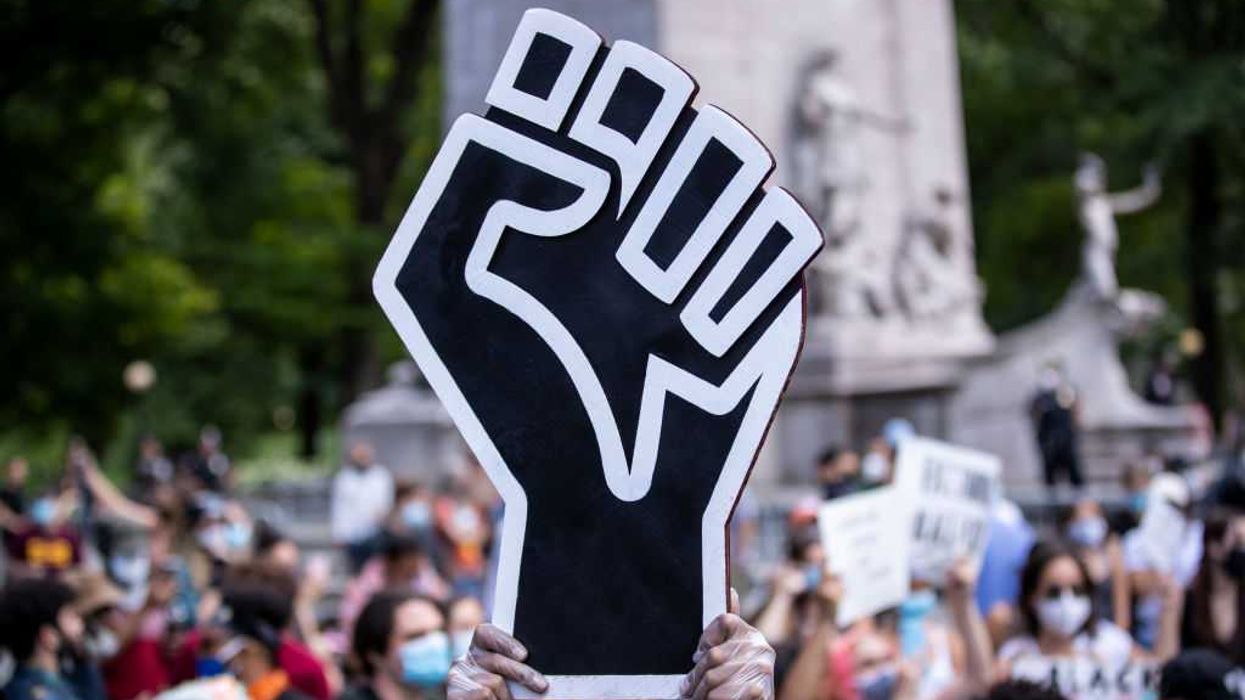In his final scheduled press conference of the year, President Barack Obama made a crack about how he knew which reporters to call on.
“Before I wish a merry Christmas to all and to all a good night, I will take some questions. Jay prepared a list of who's naughty and nice,” Obama said, referring to White House press secretary Jay Carney.
 President Barack Obama speaks during an end-of-the year news conference in the Brady Press Briefing Room at the White House in Washington, Friday, Dec. 20, 2013. At the end of his fifth year in office, Obama's job approval and personal favorability ratings have fallen to around the lowest point of his presidency. Obama will depart later for his home state of Hawaii for his annual Christmas vacation trip. (AP Photo/Susan Walsh)
President Barack Obama speaks during an end-of-the year news conference in the Brady Press Briefing Room at the White House in Washington, Friday, Dec. 20, 2013. At the end of his fifth year in office, Obama's job approval and personal favorability ratings have fallen to around the lowest point of his presidency. Obama will depart later for his home state of Hawaii for his annual Christmas vacation trip. (AP Photo/Susan Walsh)
As he closes out his most scandal-plagued year in office to date, the first question asked was rather straightforward: “Has this been the worst year of your presidency?”
"That's not how I think of it," Obama said, before noting that oil production is up and a budget was passed. But he said he was disappointed to not get new gun control or immigration legislation through.
The president has endured disastrous problems with the rollout of his signature health care law, as well as numerous scandals involving the Internal Revenue Service targeting of conservative groups and unprecedented leaks about National Security Agency surveillance.
“If you're measuring this by polls, my polls have gone up and down a lot through the course of my career. I mean, if I was interested in polling, I wouldn't have run for president,” he said. “I was polling at 70 percent was -- when I was in the U.S. Senate. I took this job to deliver for the American people, and I knew and will continue to know that there are going to be ups and downs on it.”
Obama was set to leave for Hawaii Friday evening to stay through the new year.
This week a federal judge ruled the NSA spying was likely unconstitutional, while on Wednesday, the White House released a 300-page report with 46 recommendations calling for sweeping reforms in the spying program to allow for greater congressional oversight of the executive branch. Obama vowed to review the recommendations and make changes, but stood by comments six months earlier that the NSA data gathering program struck the right balance between liberty and security.
“The statements I made then are entirely consistent with the statements that I make now, which is that we believed that we had scrubbed these programs and struck an appropriate balance, and there had not been evidence, and there continues not to be evidence that the particular program had been abused in how it was used and that it was a useful tool, working with other tools the intelligence community has, to ensure that if we have a thread on a potential terrorist threat, that that can be followed effectively,” Obama said.
Asked about contractor-turned-fugitive leaker Edward Snowden, Obama said he caused unnecessary damage to national security.
“I think that there was a way for us to have this conversation without that damage,” Obama said. “As a consequence of these disclosures, we've got countries who actually do the things that Mr. Snowden says he's worried about, very explicitly -- engaging in surveillance of their own citizens, targeting political dissidents, targeting and suppressing the press, who somehow are able to sit on the sidelines and act as if it's the United States that has problems when it comes to surveillance and intelligence operations. And that's a pretty distorted view of what's going on out there. I think that, as important and as necessary as this debate has been, it is also important to keep in mind that this has done unnecessary damage to U.S. intelligence capabilities and U.S. diplomacy.”
Obama has tried to change the subject to “income inequality” as his approval and trustworthy numbers drop amid problems on multiple fronts. He has also stressed lower wages and decreasing upward mobility, much of which has worsened during his time in office.
He vowed to devote 2014 to immigration reform and the non-specific goal of boosting the middle class. He also cited diplomacy with Iran and increased oil production as accomplishments for the administration.
On Thursday, the Department of Health and Human Services announced that the 5 million people who have had their health insurance plans canceled after the Obamacare implementation would be eligible for a “hardship exemption” from the individual mandate set to take effect on Jan. 1, 2014. Those qualifying for the exemptions will be allowed to enroll in cheaper plans that do not meet the government standards under the Affordable Care Act.
“There may still be a subset, a significantly smaller subset than some of the numbers that have been advertised, that are still looking for options, are still concerned about what they're going to be doing next year,” Obama said. “And we just wanted to make sure that the hardship provision that was already existing in the law would also potentially apply to somebody who had problems during this transition period. So that's the specifics of this latest change.”
Obama also discouraged Congress from passing new sanctions on Iran in the middle of nuclear negotiations in which the United States lifted sanctions for six months while Iran stopped enriching uranium.
Senate Foreign Relations Committee Chairman Robert Menendez (D-N.J.) has more than 20 co-sponsors for a Senate bill to impose more sanctions on Iran, which Obama believes would complicate negotiations. Obama urged members of Congress, “let's test it.”
“It's not hard for us to turn back the dial back if we want to increase sanctions even further on Iran,” Obama said. “Politically, being tough on Iran is good.”
--
[related]

 President Barack Obama speaks during an end-of-the year news conference in the Brady Press Briefing Room at the White House in Washington, Friday, Dec. 20, 2013. At the end of his fifth year in office, Obama's job approval and personal favorability ratings have fallen to around the lowest point of his presidency. Obama will depart later for his home state of Hawaii for his annual Christmas vacation trip. (AP Photo/Susan Walsh)
President Barack Obama speaks during an end-of-the year news conference in the Brady Press Briefing Room at the White House in Washington, Friday, Dec. 20, 2013. At the end of his fifth year in office, Obama's job approval and personal favorability ratings have fallen to around the lowest point of his presidency. Obama will depart later for his home state of Hawaii for his annual Christmas vacation trip. (AP Photo/Susan Walsh)






